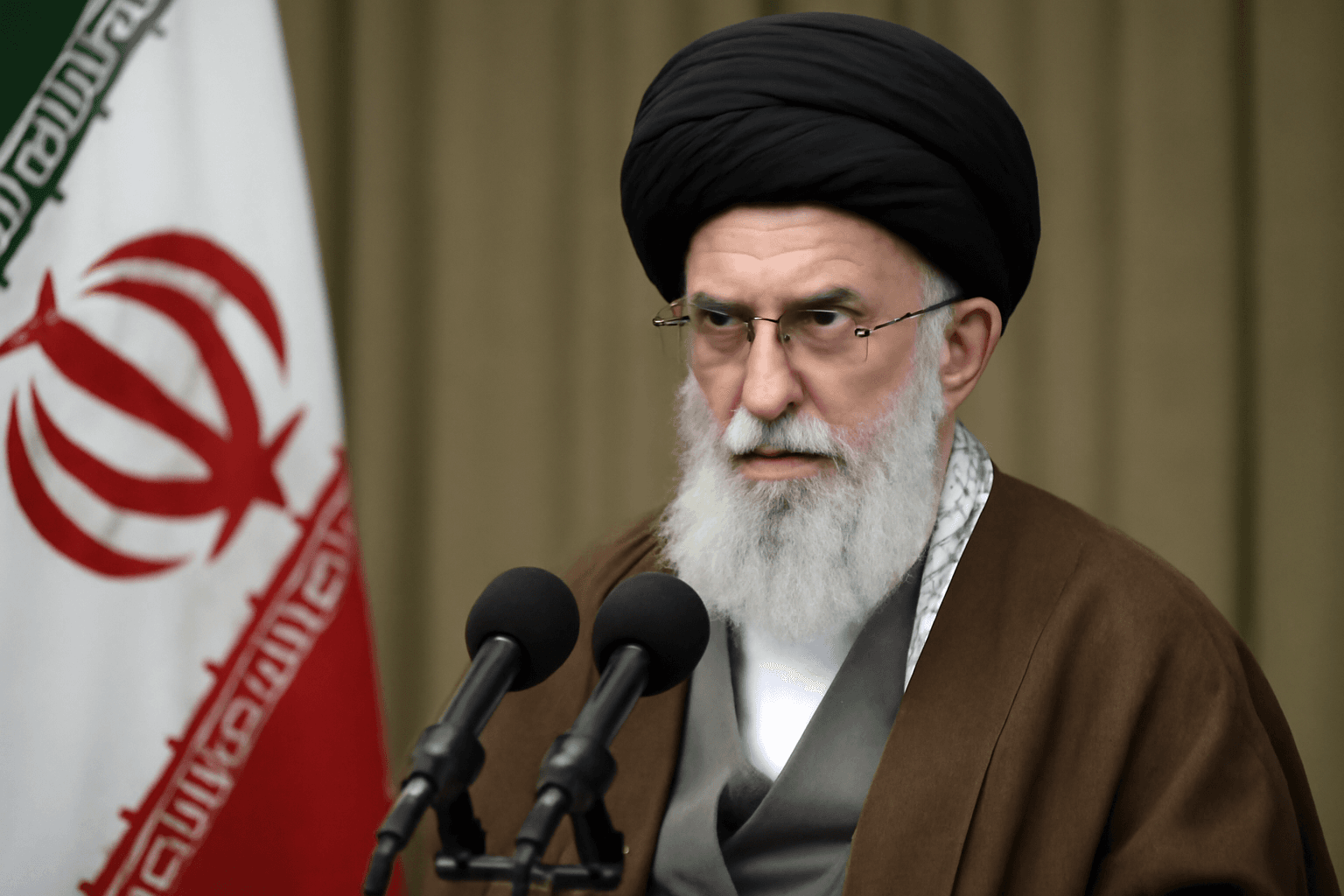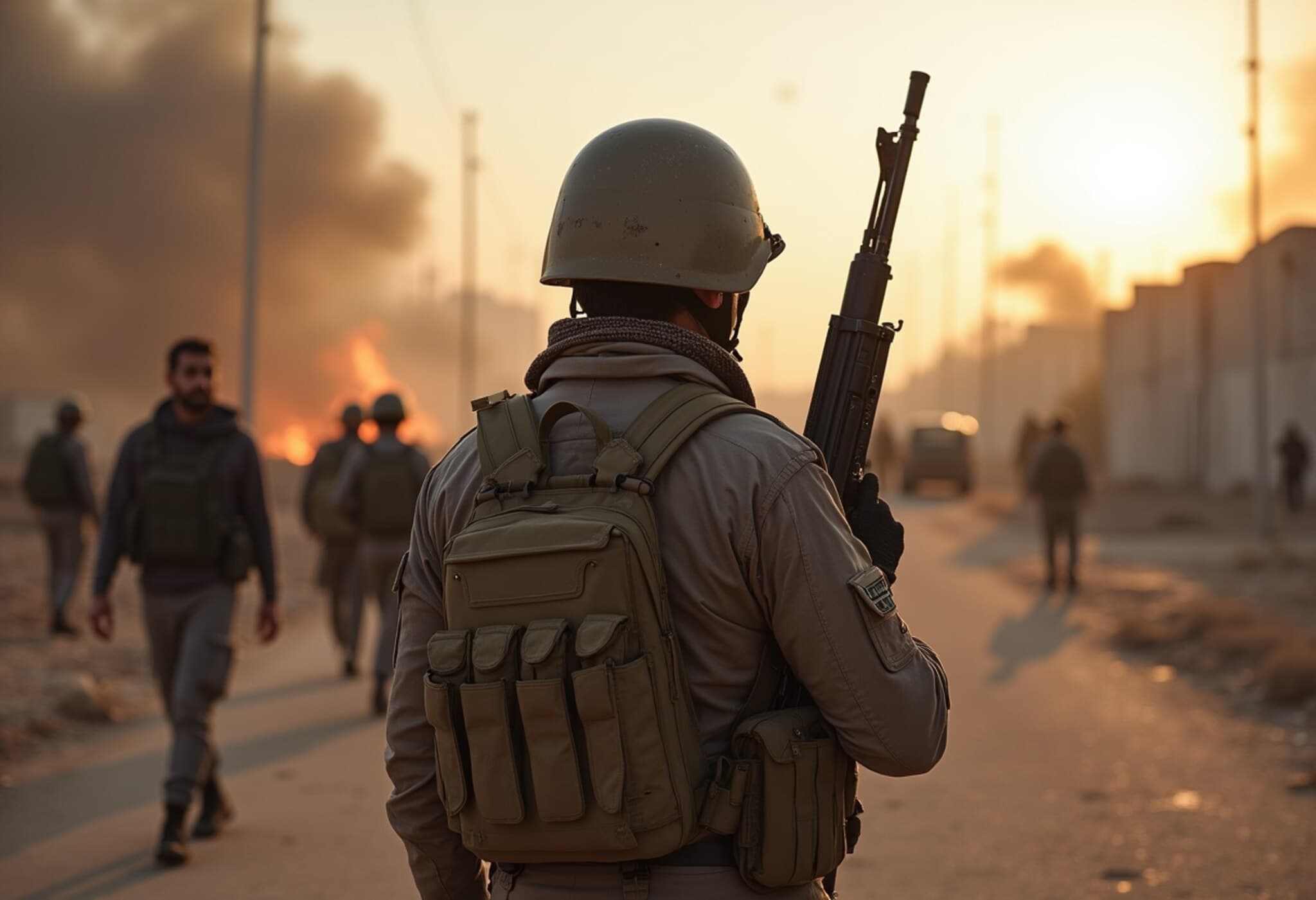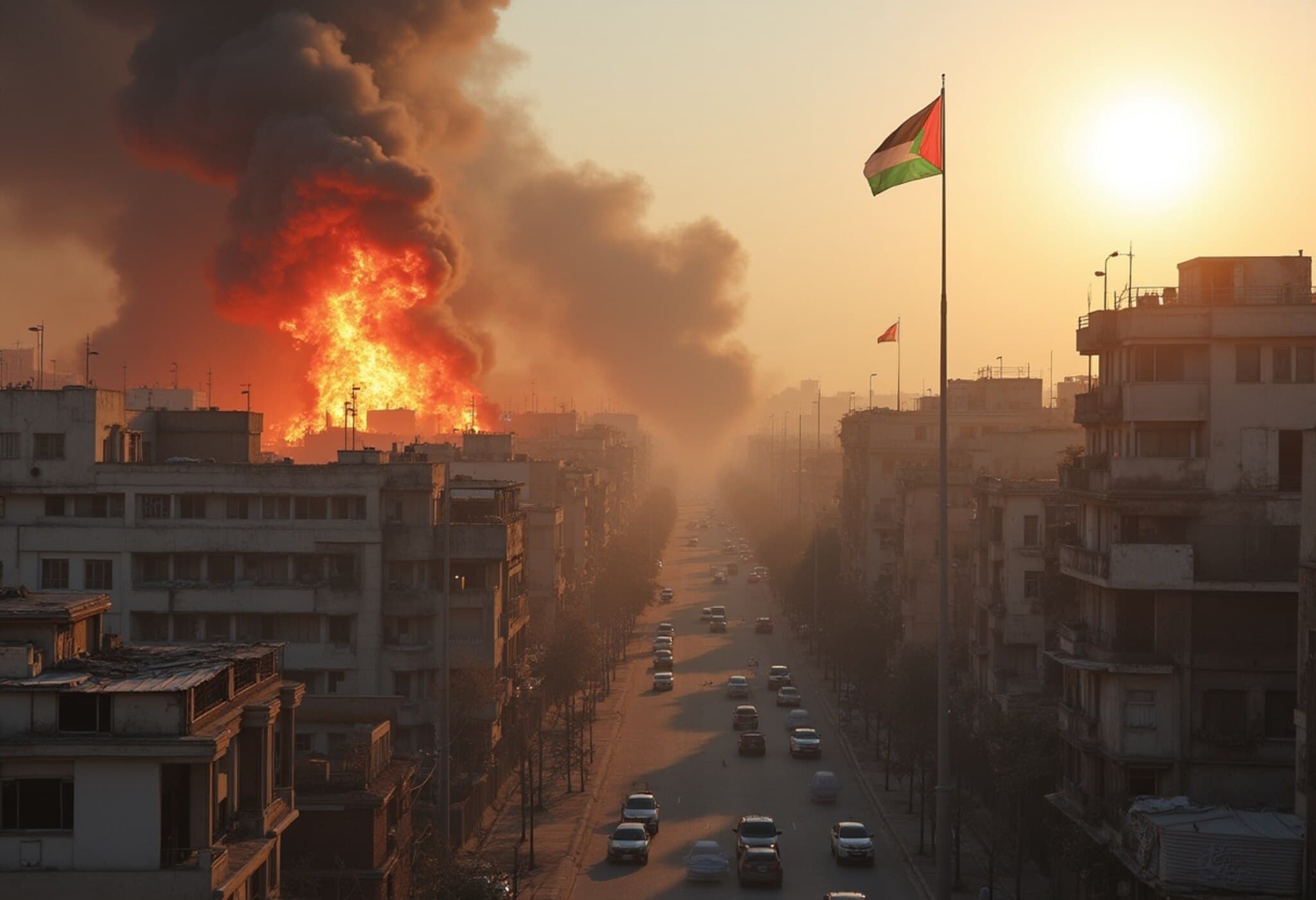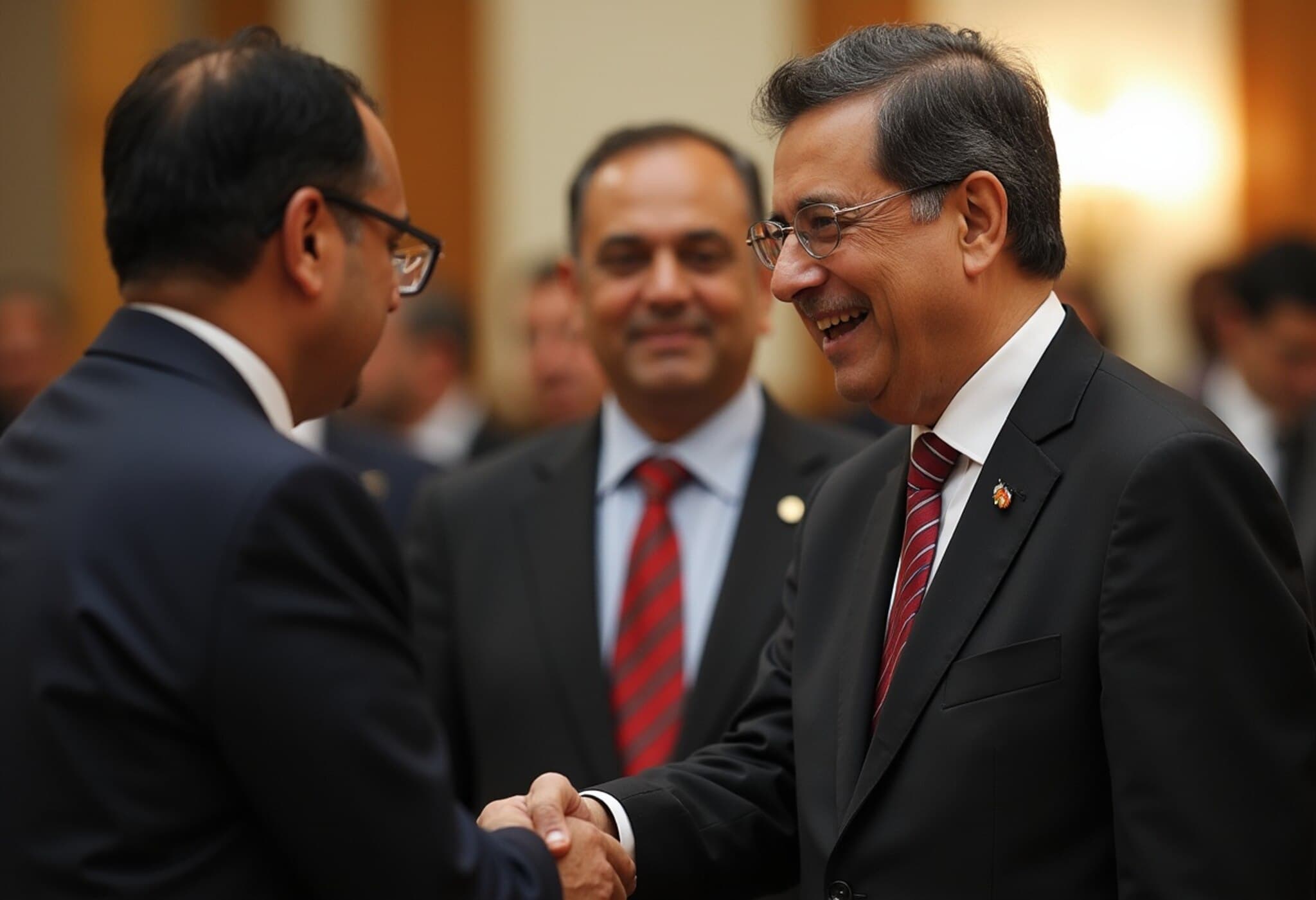Iran’s Supreme Leader Vows Defiance Against US Pressure
In a clear and uncompromising statement, Iran’s Supreme Leader, Ayatollah Ali Khamenei, reiterated on Sunday that Tehran will firmly resist any attempts by the United States to force it into obedience. His remarks, echoed through state media, highlight the entrenched standoff between Iran and the US, underscoring the deep mistrust that colors their relations.
"Those who urge negotiations with the US only look at appearances," Khamenei said, emphasizing that the core issues remain unresolved and perhaps unresolvable under current circumstances. He bluntly declared, "In my view, the issue is unsolvable."
Renewed Nuclear Talks Shadowed by Skepticism
The Supreme Leader’s comments coincided with a fragile diplomatic effort to revive nuclear negotiations. Iran’s Foreign Minister Abbas Araqchi recently spoke with his British, French, and German counterparts, agreeing to restart talks next week in an attempt to address concerns over Iran’s uranium enrichment program.
However, European powers have warned that failure to reach a verifiable agreement could trigger a "snapback" of United Nations sanctions, a move aimed at curbing Iran’s nuclear ambitions.
Heightened European Concerns Amid Nuclear Oversight Freeze
Since the 12-day conflict between Iran and Israel in June, which saw Israeli strikes targeting Iranian nuclear facilities, Iran has ceased cooperating with the International Atomic Energy Agency (IAEA). This suspension obstructs international oversight of Iran’s uranium stockpile, now enriched to 60%, dangerously close to the 90% needed for weapons-grade material.
German Foreign Minister Johann Wadephul stressed the urgency, warning that time is running out for Iran to engage seriously in dialogue. He emphasized the need for a durable, verifiable deal to prevent further escalation.
Competing Narratives and Legal Disputes
The diplomatic discourse is further complicated by sharp disagreements over Iran’s intentions. Iran denies any intention of developing nuclear weapons, asserting its nuclear program is purely for civilian energy purposes. Conversely, European countries, alongside the US, accuse Iran of violating the Non-Proliferation Treaty by potentially pursuing weapons capability.
In response to threats of sanction snapback, Araqchi criticized the legitimacy of such measures, calling them legally and morally unfounded and warning of their consequences.
IAEA’s Ambiguous Position and Intelligence Assessments
Contrasting with Western concerns, the IAEA has reported no definitive evidence that Iran is moving towards creating a nuclear bomb. U.S. national intelligence testimony in March likewise indicated a lack of proof for Iran’s weaponization effort.
Yet, the suspension of Iran’s cooperation with the IAEA following the June conflict poses significant challenges for global nuclear non-proliferation efforts.
Political and Strategic Implications
The impasse comes at a critical juncture globally, as nuclear non-proliferation remains a top priority for US policymakers and their European allies. The underlying tensions also reflect broader geopolitical contestations in the Middle East, where mistrust between Iran, Israel, and Western powers continues to fuel instability.
Analysts note that Iran’s hardline stance, voiced by Khamenei, appears aimed not just at the US but also at domestic audiences, projecting strength amid external pressure and internal debates over engagement versus resistance.
Upcoming Talks and Outlook
Deputy foreign ministers from Iran, Britain, France, and Germany are slated to resume discussions early next week, maintaining tentative channels of dialogue. Separately, Tehran has agreed to talks with the IAEA in Vienna to negotiate parameters of cooperation under newly passed Iranian legislation that restricts access.
However, given the Supreme Leader’s unequivocal position, hopes for swift resolution remain tempered by skepticism.
Editor’s Note
The ongoing standoff between Iran and Western powers encapsulates the intricate balance between diplomacy and strategic posturing in nuclear non-proliferation. While official talks offer a glimmer of hope, the deep-rooted mistrust expressed by Iran’s highest authority serves as a sobering reminder of how entrenched national narratives and regional conflicts hamper peace efforts.
As the nuclear talks proceed, critical questions persist: Can diplomacy overcome decades of animosity? How will Iran’s internal politics shape its bargaining position? And what role will international legal frameworks play in managing one of today’s most volatile geopolitical challenges?











